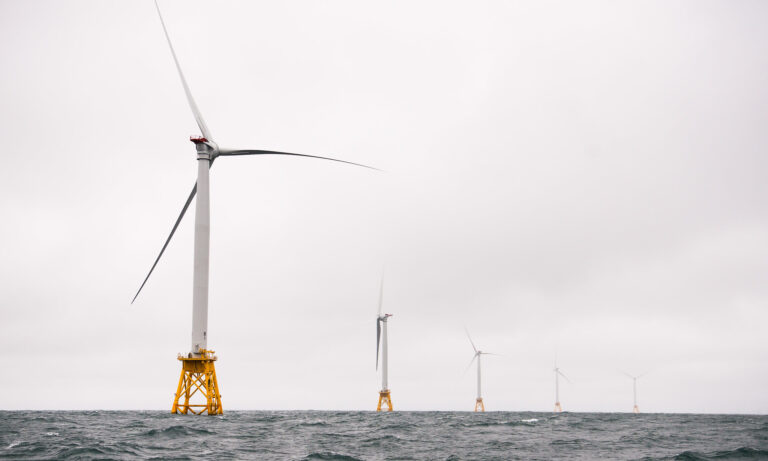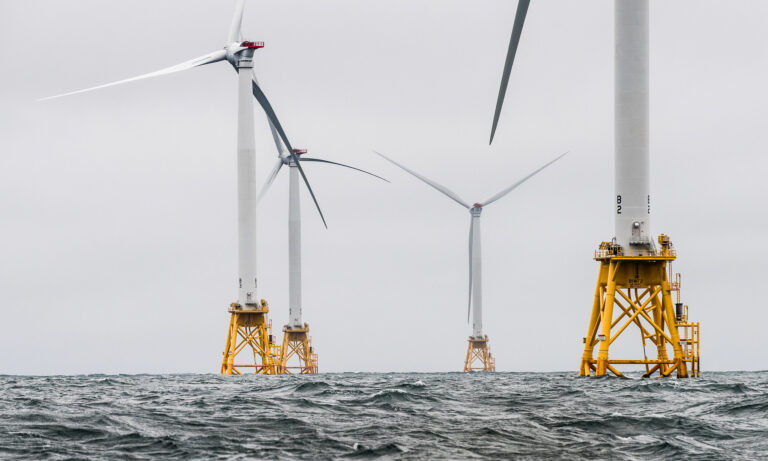
In a visit to the Baltic capitals, Taiwanese Foreign Minister Joseph Wu highlighted shared threats, underscored the shrinking comfort space for small democracies globally, and attempted to rally more political support for raising Taiwan’s profile in Europe – all that while trying to curb the unrealistic Baltic economic expectations towards Taiwan.
A Lightning Speed Visit
The first leg of Minister of Foreign Affairs of Taiwan (ROC) Joseph Jaushieh Wu’s Baltic tour took him to Riga, the capital of Latvia on November 8 – an interesting first stop, as Latvia is geographically in the middle of the Baltic region, normally prompting high-level guests to visit it second, rather than first or third. Perhaps, the symbolism of the choice is connected to the historic aspect of the Latvian engagement with Taiwan – after all, the countries enjoyed diplomatic relations at the Consulate General level from 1992 to 1994.
In Riga, Minister Wu stopped by for a guest lecture at Riga Stradins University, co-organized by the Latvian Institute of International Affairs. As someone who comes from the academic world of political science and specializes in democratization theory, he was up to the challenge, getting through the prepared speech in record time in favor of a lively Q&A setting. Meetings with the Taiwan Friendship Group Chair Ingrīda Circene, the Foreign Affairs Committee Chair Rihards Kols, “and other members of the Latvian parliament” followed – significantly, not in the Parliament building, but in an informal setting at a restaurant.
The next day already, the Minister continued to Tallinn, Estonia. Here, Wu met with the Taiwan Support Group Chair Kristo Enn Vaga, the Foreign Affairs Committee Chair Marko Mihkelson, and “other parliamentary friends.” The event, unlike the one in Latvia, took place in the Parliament building, followed by an invitation-only seminar at ICDS, Estonia’s leading security think tank.
This northernmost part of the journey was overshadowed by a small scandal, however – initially, Estonia had announced the opening of the “Taipei Representative Office”, but the official communication of the Taiwanese side showed hesitance, reportedly, due to the delegation’s expectations for the name to be closer to the Lithuanian-set standard of “Taiwanese Representative Office” instead.
If the visits and meetings in the Baltics did not spark a heated reaction from the Chinese embassies in the region, then the issue of the representative office did. The discussion led China’s Ambassador to Estonia Guo Xiaomei to state during her meeting with Toomas Kivimagi, the Chairman of the Estonia-China Parliamentary Group, that she would consider leaving Tallinn should the representative office be opened – under any name. Estonia remains undeterred, however, according to foreign minister Margus Tsakhna: “As many other European Union countries, Estonia is ready to accept the creation of Taipei’s non-diplomatic economic or cultural representations.”
The trip concluded in Vilnius, Lithuania, Taiwan’s strongest partner among the Baltics, if not the whole of Europe. Wu was welcomed at the Seimas, the Lithuanian Parliament, by a group of MPs far surpassing those in Latvia and Estonia. As a star guest at the “Future of Democracy Forum”, Joseph Wu spoke in the presence of the Czech Foreign Minister Jan Lipavský, making the visit wider than just a Taiwanese-Baltic endeavor. Wu also had a one-on-one with Vytautas Landsbergis, the iconic Lithuanian public figure, politician and the grandfather of the serving Foreign Minister Gabrielius Landsbergis, stressing that the former “fought hard for the country to regain its independence in 1991.”
Security First, Economy Later (if Ever)
Different levels of diplomatic welcome aside, the main message of Minister Wu was uniform across all three Baltic capitals: in different formulations, he essentially spoke of the shared destiny between Taiwan and the Baltic states. He referred to the group as “fellow frontline democracies” and hinted towards immediate security challenges.
Minister Wu spoke radiating an aura of urgency. Traditionally, Baltic and Taiwanese partners tend to dwell in the familiar territory of comparing similar hybrid threat tactics employed by their respective authoritarian neighbors, such as election meddling, public opinion influence through information manipulation and inauthentic social media amplification, and challenges to energy and critical infrastructure security. This time around, Minister Wu placed the focus on traditional, kinetic challenges to security. The difference is that traditional threats would require hard responses, akin to the recent US decision to increase the number of trained Taiwanese forces and bolster military exchanges.
It is also noteworthy that an important feature of the visit was the emphasis on the public aspect, i.e., raising awareness among the opinion leaders and the population via think tank and academic engagement.
Yet, one aspect of Taiwan’s traditional strategic messaging was notoriously missing from the tour: overstated promises of shared economic benefits by way of Taiwanese technology injections into the Baltics, e.g., via semiconductor production facilities.
The message of Foreign Minister Wu is fair: a situation where the existing international order is under attack is bad news for small nations, especially those who are determined to keep their societies open. In a time of a deepening geopolitical rift, values should be enough to underpin cooperation.
Countries that have chosen to explore exchanges with Taiwan should not look for economic motivations to justify their choices to stakeholders within and without. After all, one of the reasons behind the Latvian disappointment with Taiwan in 1994 was precisely the unmet and, candidly speaking, unrealistic and naive expectations of economic support. The Baltic nations have to be sober-headed regarding the current insufficient state of their business infrastructure and hi-tech ecosystem.
Value Re-Affirmation, not a Tide Change
Be as it may, the Baltic states are not likely candidates for the top goal of Taiwanese foreign policy: that of official recognition.
Moreover, at the end of the day, the Baltics are committed to and bound by a joint European approach to Taiwan: “While the EU pursues its ‘One China’ policy and recognizes the government of the People’s Republic of China as the sole legal government of China, the EU and Taiwan have developed solid relations and close cooperation in a wide range of areas.”
Lithuania arguably has gone further in its exchanges with Taiwan than other European states, also exemplified by the higher level of meetings of Minister Wu in Vilnius, compared to his agenda in Riga and Tallinn. And yet, Lithuanian officials are reported to be engaged in conversations on the possible normalization of diplomatic relations with Beijing.
Therefore, sure enough, the “One China” formula will continue to be reiterated through Baltic strategic documents in the near future – unless the nightmare scenario of China’s kinetic attack on Taiwan takes place, pressing a reset button on not just the Baltic, but also a wider European approach.
Written by
Una Aleksandra Bērziņa-Čerenkova
UCerenkovaDr. Una Aleksandra Bērziņa-Čerenkova is a Research Fellow at CHOICE and Head of the Political Science PhD programme and China Studies Centre at Riga Stradins University, Head of the Asia Programme at the Latvian Institute of International Affairs, a member of CHERN and European Think-tank Network on China (ETNC).


